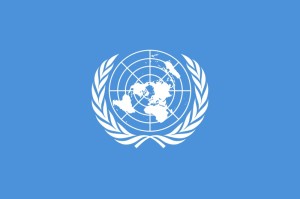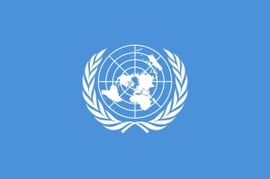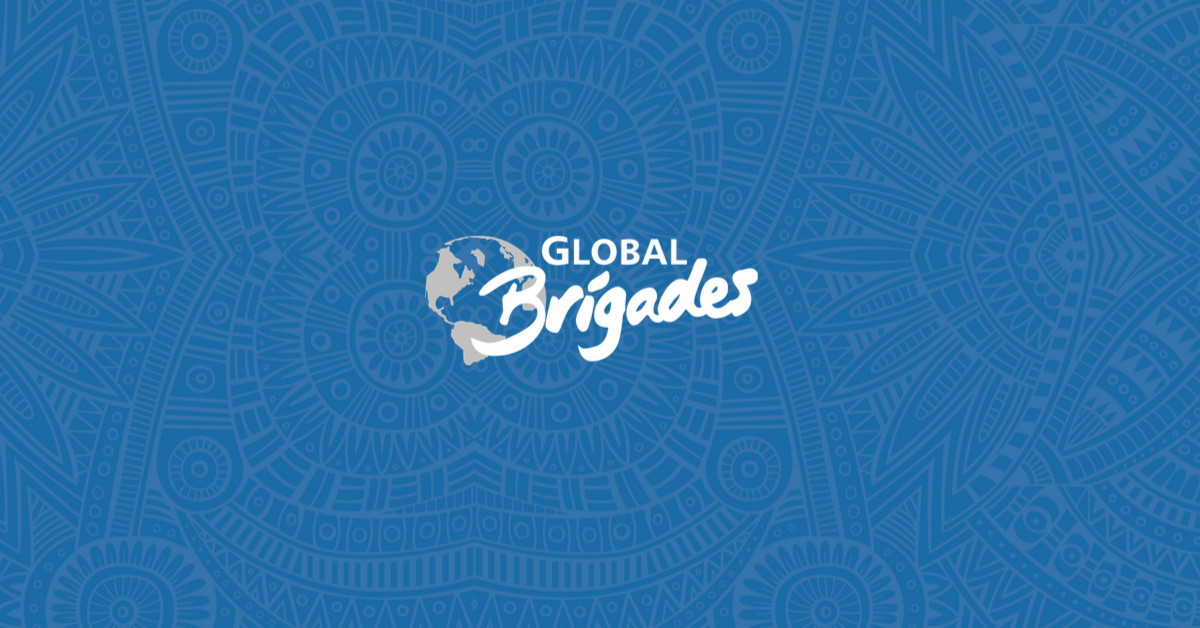The following was written by Claire Seigworth, a guest blogger for Global Brigades.
The New Year is a time when people reflect on the hope and promise of the upcoming year and create resolutions for themselves. As March begins, I ask you all: how many of you are still following your resolutions? My guess is not very many people, but congratulations to those of you who are still working towards your resolutions.
The global community felt the same longing for improvement during the approach of the new century. War, disease, conflict, and poverty marked the 20th century for many people, and global leaders decided that that these problems were no longer acceptable with the wealth, technology, and other advancements available or possible at the turn of the century.
In response, the United Nations created the Millennium Development Goals (MGD) to be achieved by 2015. All UN member states agreed to work together to improve development through eight goals, with developed countries agreeing to support and work with developing countries.
The eight goals include:
- Eradicate extreme poverty and hunger
- Achieve universal primary education
- Promote gender equality and empower women
- Reduce child mortality
- Improve maternal health
- Combat HIV/AIDS, malaria, and other diseases
- Ensure environmental sustainability
- Develop a global partnership for development
Every goal includes specific targets to be achieved by 2015, as the MGDs are broad, global issues. For example, to combat HIV/AIDS, malaria, and other diseases, each country is to halt by 2015 and begin to reverse the spread of HIV/AIDS, achieve universal access to HIV/AIDS treatment by 2010 for everyone who needs it, halt by 2015 and begin to reverse the spread of Malaria and other major diseases. Each of these targets has further specifics about how to achieve this overall goal.
Of course, the MDGs are not without criticisms. Critics cite the difficulty or impossibility of accurate measurements of these goals, the top-down creation of the MDGs, and the lack of accountability. Amir Attaran is particularly critical of measurements of the MDGs. He states that where poverty, disease, and maternal death are severe problems, these countries are least likely to have capacity for measuring the outcome of the programs nor do baseline surveys. He points out that MDGs reducing child mortality is successful because it is a suitable goal and practical to measure, and further states that this could be an example for future designs of international development projects.
Nevertheless, the backers of the MDGs state that while there are some weaknesses in the MDGs, they are still valuable because they provide goals and deadlines to aspire to. It is also seen as a step forward that every member at least made a commitment towards development. Attaran critiques this view by stating that treating the MDGs as merely exhortatory is demeaning to developing countries.
So what is the legacy of the MDGs? Like most global issues, it is complex. While there are flaws in the creation, design, and implementation of the MDGs, not all the failures to meet them can be attributed to the goals. The continuing economic crisis, the lack of funds by developed countries, and other extraneous events all impact meeting the MDGs. Even so, development should be a goal that everyone should strive for. In an increasingly connected world, events across the globe affect everyone. Furthermore, promoting development, in whatever sense of the word you take it to mean, is simply a matter of compassion and human dignity.
Sources: http://www.plosmedicine.org/article/info%3Adoi%2F10.1371%2Fjournal.pmed.0020318
http://www.guardian.co.uk/global-development/poverty-matters/2011/aug/30/millennium-development-goals-after-2015
http://www.un.org/millenniumgoals/bkgd.shtml
http://www.unmillenniumproject.org/goals/index.htm
http://static.guim.co.uk/sys-images/Guardian/Pix/online/2008/07/03/Katine-G8-MDG-logos.jpg
2012 MDGs Progress Report:
http://www.unmillenniumproject.org/goals/index.htm





